Phonic Knowledge: What, Why, and How?
Description:
Do you know a digraph from a diphthong? How about the six major syllable types of English? This Knowledge Block will help you brush up on your own knowledge of phonics and give you a way to assess the phonic knowledge of your students. Participants will also learn how to analyze this data so that it can inform instruction.
Who should take this Knowledge Block:
- K-5 educators
- Secondary educators who work with long-term developing readers
What you will learn:
- The relationship between phonological awareness, phonemic awareness, and phonics
- Phonic elements including digraphs, consonant blends, diphthongs and schwa
- The 6 major syllable types in English
- Common misconceptions about phonic knowledge and phonics instruction
- How to give, score, and analyze an informal phonic knowledge diagnostic assessment
Materials provided:
- Phonic knowledge diagnostic assessment
- PDF handout of the 6 syllable types of English
- PDF of all slides in handout form
Certifications:
- Certificate of Completion
Phonic Knowledge: What, Why, and How?
$200.00
Students need phonic knowledge to read and spell efficiently. Participants will learn the six major syllable types of English and an assessment tool to plan for instruction.
Additional Knowledge Blocks
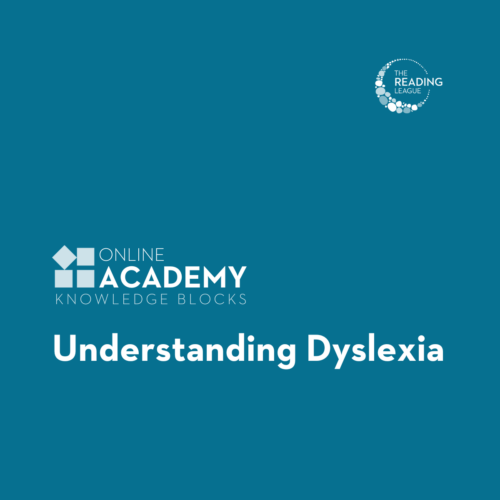
Understanding Dyslexia
There are many misconceptions about what dyslexia is and is not. Participants will learn critical indicators of dyslexia and the legal nuances of a dyslexia diagnosis in schools.
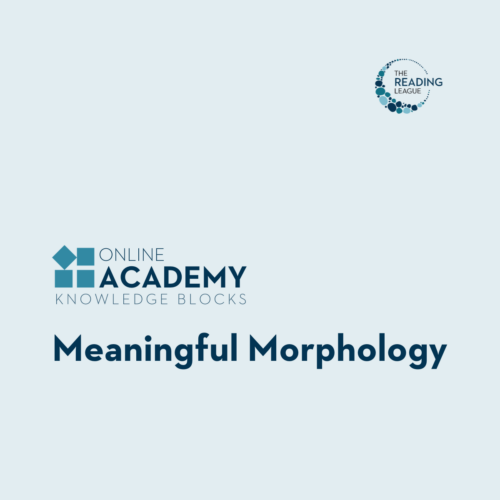
Meaningful Morphology
Knowledge of morphology provides insight into both the meaning and spelling of words. Participants will deepen their knowledge of morphology while also learning key features of morphological instruction in the classroom.
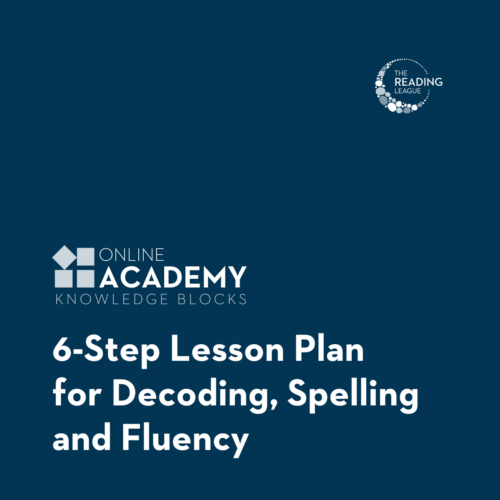
6-Step Lesson Plan for Decoding, Spelling, and Fluency
Participants will learn how to plan and implement engaging, evidence-aligned, 6-Step lessons to teach the phonemic and phonic skills necessary for efficient decoding, spelling, and fluency.
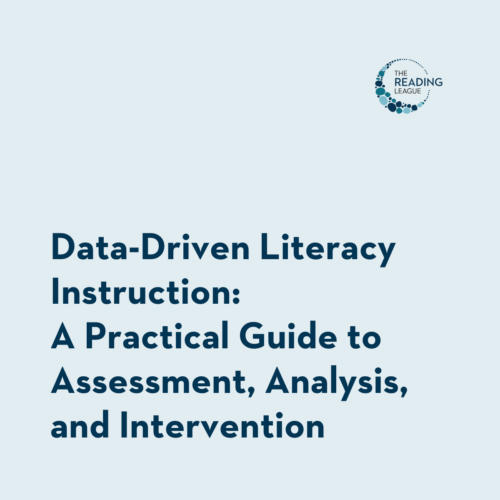
Data-Driven Literacy Instruction
This session provides a practical roadmap for using assessment to inform instruction and improve literacy outcomes.
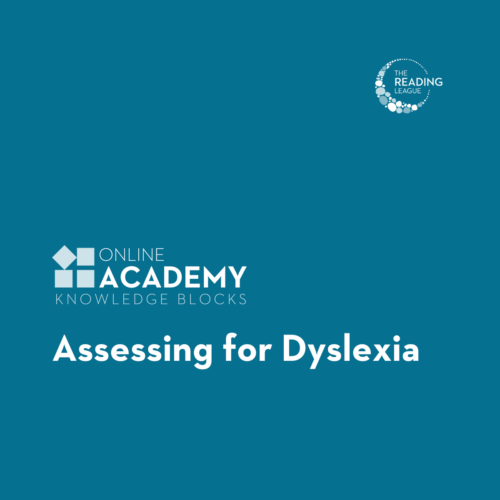
Assessing for Dyslexia
When assessing for dyslexia, there are specific test measures and key interpretations needed to render a dyslexia classification. Participants will examine case study data and discuss recommendations for interventions and accommodations.
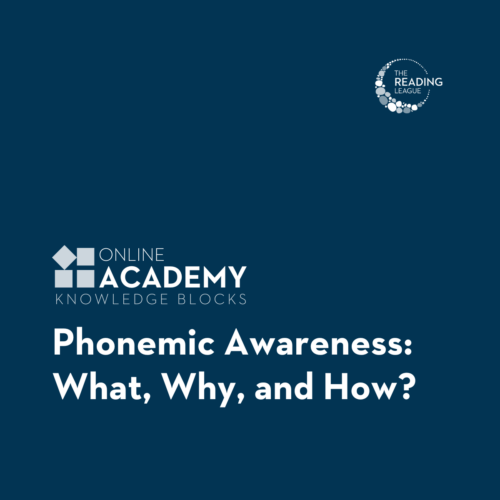
Phonemic Awareness: What, Why, and How?
Phonemic awareness predicts future reading success. Participants will learn how to teach and assess phonemic awareness skills.
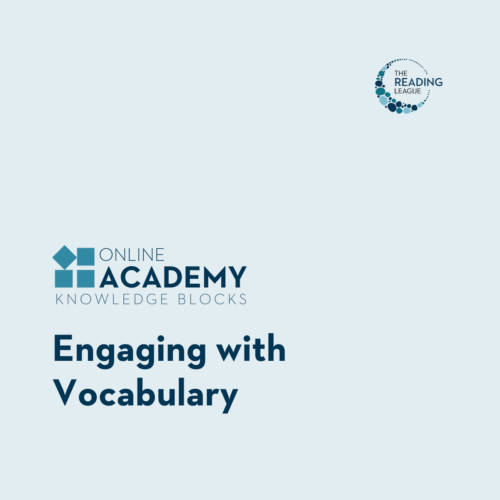
Engaging with Vocabulary
Participants will learn how to decide which vocabulary words to teach and a sample routine for explicit instruction.
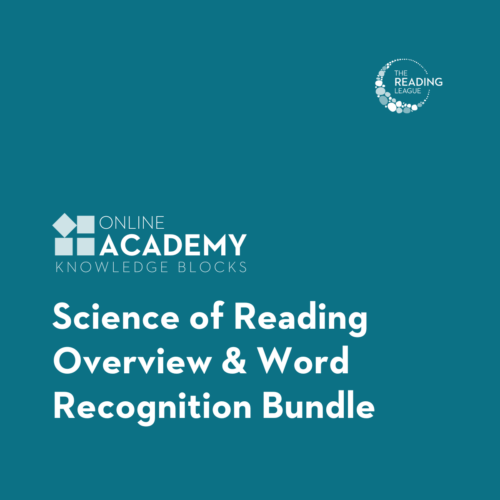
Science of Reading Overview & Word Recognition Bundle
Save $200 with this four session bundle! Perfect for anyone new to the science of reading or for anyone who wants to deepen their understanding of how skilled reading develops.
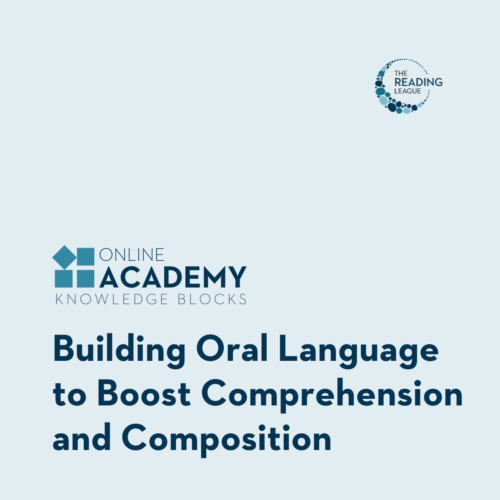
Building Oral Language to Boost Comprehension & Composition
Oral language is the foundation for future reading and writing tasks. Participants will learn how to integrate opportunities for oral language development in the classroom.